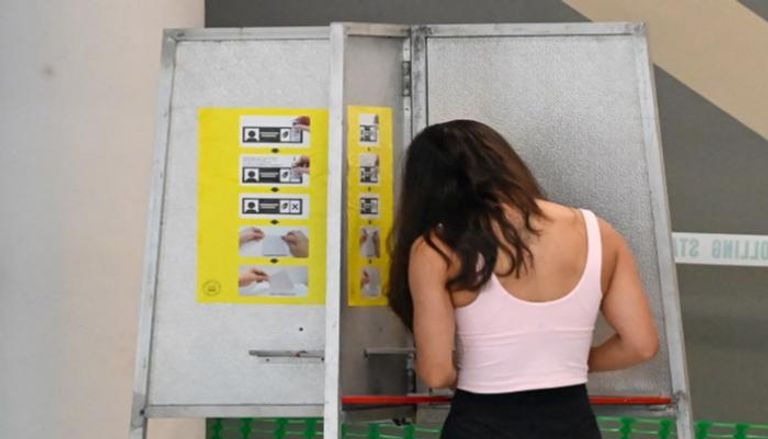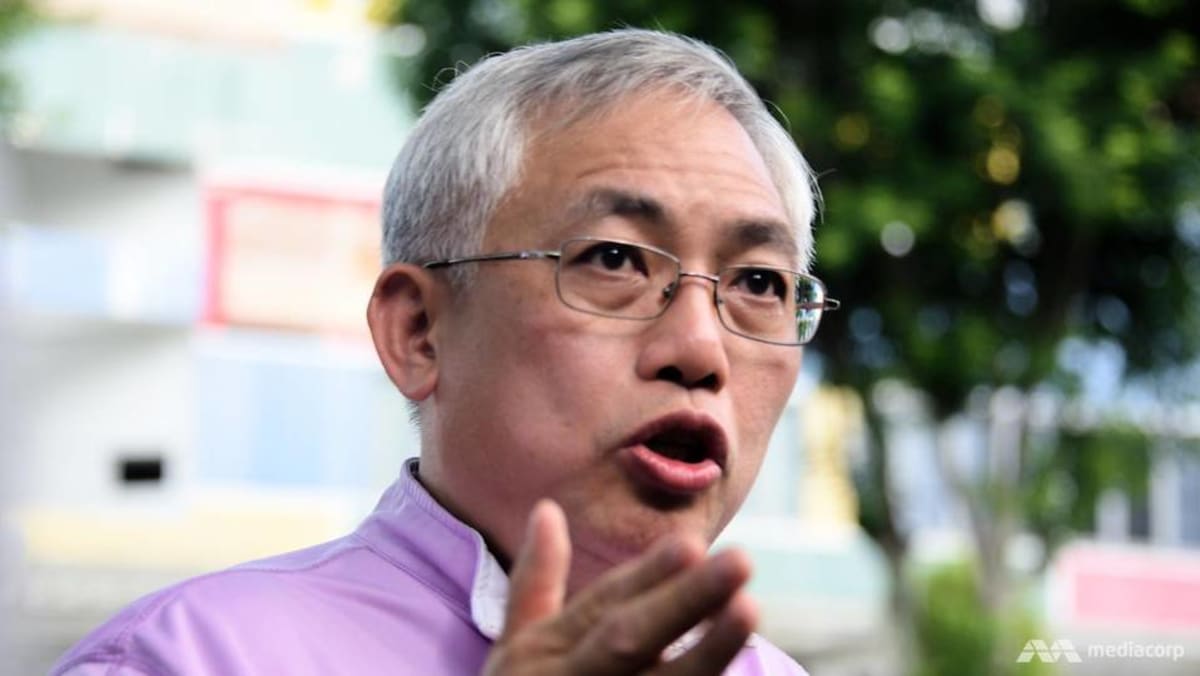- Joined
- Oct 5, 2018
- Messages
- 19,818
- Points
- 113
Why the PAP’s supremacy crushed opposition hopes in Singapore

The 2025 general election, framed by Prime Minister Lawrence Wong as a referendum on Singapore’s survival in an era of “maximal danger,” saw the ruling party secure 87 of 97 parliamentary seats and 65.57% of the popular vote—a 4.33-point surge from its 2020 performance.
Amid Donald Trump’s escalating “Liberation Day” tariffs and China’s retaliatory trade manoeuvres, the PAP weaponised uncertainty. Voters, already skittish over rising living costs, were warned that even a single opposition gain could destabilise a nation where trade volumes triple its GDP.
Full Article:
https://www.dimsumdaily.hk/why-the-paps-supremacy-crushed-opposition-hopes-in-singapore



